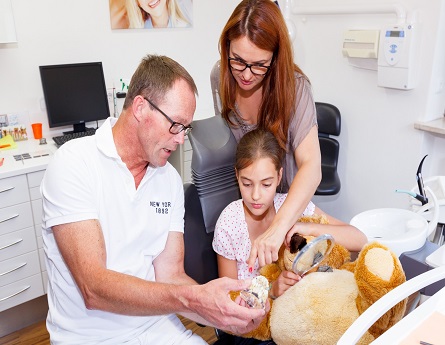 Reaching your weight loss goals is an incredible accomplishment that deserves celebration. Yet for many people, the journey doesn’t end when the scale hits that target number. Loose, sagging skin and weakened abdominal muscles can remain as stubborn reminders of where you started, preventing you from fully enjoying your hard-earned results.
Reaching your weight loss goals is an incredible accomplishment that deserves celebration. Yet for many people, the journey doesn’t end when the scale hits that target number. Loose, sagging skin and weakened abdominal muscles can remain as stubborn reminders of where you started, preventing you from fully enjoying your hard-earned results.
This is where a tummy tuck (abdominoplasty) comes in handy as a way to complete your transformation. If you’ve worked tirelessly to shed pounds but still feel held back by loose skin or muscle separation, this procedure could be the missing piece to your puzzle. Let’s explore how a tummy tuck can enhance your weight loss success in a meaningful and lasting way.
Eliminates Stubborn Excess Skin That Won’t Respond to Exercise
No matter how many crunches you do or how clean your eating habits become, loose skin after major weight loss often refuses to tighten naturally. This happens because skin loses elasticity when stretched over time, and significant weight reduction leaves it without the ability to snap back.
A tummy tuck surgically removes this excess skin, particularly in the lower abdomen where it tends to hang most noticeably. This results in a smoother, more toned appearance that finally reflects all your dedication in the gym and kitchen. Beyond aesthetics, removing this excess skin can eliminate uncomfortable chafing and irritation that may have made certain exercises or clothing choices unpleasant.
Repairs Separated Abdominal Muscles for Improved Core Function
Many people don’t realize that dramatic weight changes or pregnancy can actually cause the abdominal muscles to separate and lead to a condition called diastasis recti. Even with targeted core workouts, this separation often persists, creating a persistent bulge and weakening your midsection.
During a tummy tuck, your surgeon will stitch these muscles back together, restoring your natural abdominal wall. This repair does more than create a flatter stomach; it can significantly improve your core strength, posture, and even reduce back pain. You might find exercises you previously struggled with become easier, and daily movements feel more comfortable.
Provides Motivation to Maintain Your Healthy Lifestyle
Investing in a tummy tuck often creates powerful psychological motivation to protect your results. Many patients find they’re even more committed to their fitness routines and nutrition plans post-procedure, wanting to honor both their weight loss achievement and their surgical investment.
While a tummy tuck isn’t a substitute for healthy habits, it removes physical barriers (like excess skin) that may have previously made exercise uncomfortable or discouraging. The procedure can serve as both a reward for past efforts and inspiration for future wellness. Patients who choose a tummy tuck in San Antonio frequently report feeling newly motivated to stay active when they can actually see and feel their muscles working beneath firmer, smoother skin.”
Creates Better Clothing Fit and Greater Wardrobe Freedom
There’s a special kind of frustration that comes with working hard to lose weight, only to still struggle with how clothes fit. Excess skin can make even well-fitting garments bunch uncomfortably or force you to buy sizes larger than your new frame requires. After a tummy tuck, patients often discover a world of new clothing options opening up to them.
Dresses drape smoothly, jeans fit snugly without discomfort, and swimsuits no longer require strategic choosing. The confidence boost from a flatter, more contoured stomach can inspire you to stay active, dress in ways that make you happy, and fully embrace the results of your weight loss journey.
Enhances Comfort and Reduces Skin-Related Health Concerns
For those who have lost substantial weight, excess skin isn’t just a cosmetic concern, it can create real physical discomfort. Skin folds can lead to chronic irritation, rashes, and even fungal infections in warm, moist areas. Simple activities like running, swimming, or even sitting for long periods can become uncomfortable.
A tummy tuck eliminates these problematic skin folds, greatly improving quality of life for many patients. The relief from constant skin irritation allows for greater freedom in physical activities and often leads to improved hygiene. It’s one of those benefits you might not anticipate pre-surgery, but that makes a significant difference in daily comfort afterward.
Wrapping up
A tummy tuck can be the missing piece that completes your weight loss journey, addressing physical changes that no amount of diet or exercise can correct. From restoring your body’s natural contours to improving comfort and function, the benefits extend far beyond appearance. If you’ve worked hard to lose weight but still don’t feel completely satisfied with your results, a consultation with a board-certified plastic surgeon can help determine if this procedure aligns with your goals.







